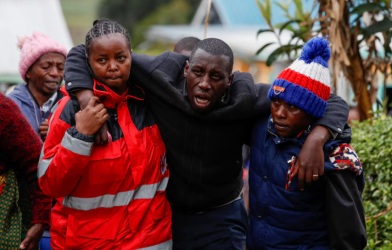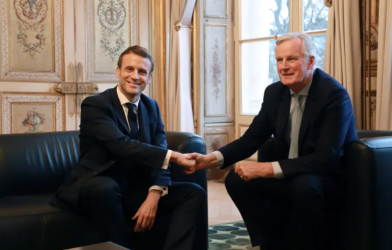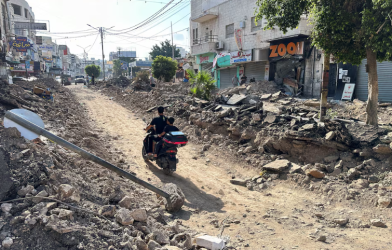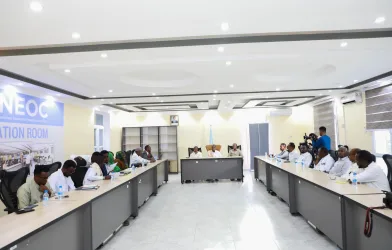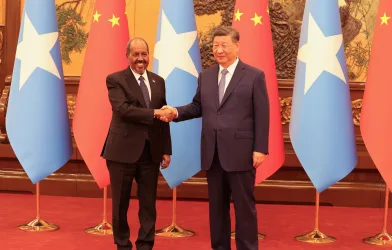Writing in the New York Times (To Save Africa, Reject Its Nations) , Pierre Englebert, a professor of African politics at Pomona College, makes a case for derecognizing  African stares “because the gift of sovereignty was granted from outside rather than earned from within, it came without the benefit of popular accountability, or even a social contract between rulers and citizens.†Somalia is one of the countries that won independence  nearly fifty years ago but  “few have anything to truly celebrate.â€
Somalia had  experimented with parliamentary democracy until 1969 when the military toppled the civilian regime whose politicians squabbled over the succession of  president  Abdirashid Ali Sharmarke who was  assassinated  in Las Anod, northern Somalia.  Before the coup, Somalia had free press  and political parties regarded by many analysts as exemplary in 1960s African; Somalia’s first president, Adan Abdulle Osman, went  down  in history as “the first African leader to hand over power to a democratically elected successor.â€
Somalis welcomed the junta because they were disillusioned with parliamentarians and the civilian government politicians whose actions were gradually eroding the nascent democracy that began to take root  after Southern Somalia and Northern Somalia won independence from Italy and Britain respectively. The new junta abolished political parties and habias corpus, paving the way for one party country with a dictatorship. The armed opposition groups were organised along exclusive clan lines, making them several levels below in terms of representation compared to the dictatorship they were aiming to topple.  They were considered by many as the best alternative to a dictatorial government. But the opposition groups blew the chance to help Somalis recover from two decades of dictatorship. The missed opportunity  were taken advantage of by warlords who defeated warlords  in southern Somalia in 2006. In northern Somalia, Somaliland emerged after the former Somali National Movement, one of the armed opposition groups, unilaterally declared secession in 1991. The founding president  of Somaliland, Abirahman Ahmed Ali, changed his mind on secession and  argued that Somaliland’s lot was better with a united Somalia. His volte face caused civil war that had been brought to an end because of locally conceived reconciliation initiatives in Somaliland. The emergence of political parties in Somaliland owes much to the hard lessons learned from 1990s but has set Somalilanders on path of seeking an irrevocable succession from Somalia because Northern Somalia and Southern Somalia shared colonially   demarcated borders before union on 1 July 1960.    In the north eastern regions, Puntland emerged after clans agreed on setting on an administration   that is now a part of the feeble federal intuitions of Mogadishu-based transitional government led by president Sharif Ahmed.  In south central Somalia another regional administration, Galmudug, was set up nearly four years ago.
The Transitional Federal Government is the only internationally recognised institution in Somalia. If Pierre Englebert’s  derecognition doctrine is applied, the TFG and its leaders will be held liable for the war in southern Somalia and the suffering of people in war-torn areas of Somalia although wars in Somalia are the result to contending conceptions about the nature of a future Somalia state: federalism, unitary state,  or a state  based on Islamic Sharia.
“For many Africans, 50 years of sovereignty has been an abject failure, reproducing the horrors of colonial-era domination under the guise of freedom. International derecognition of abusive states would be a first step toward real liberation,†argues   Englebert. It is difficult to grasp how derecogntion will help victims of an abusive African state nor is it cedar how it can help  the ‘international community†address  political complexities of country like Somalia. Supporting civil societies, promoting tolerance and peaceful resolution of conflicts between clans, tribes and states are some approaches that can help many people in Africa   recover from pre and post-independence degradations.
Liban Ahmad
libahm@gmail.com
Derecognising Somali nation is a bad idea
Published: June 15, 2010


